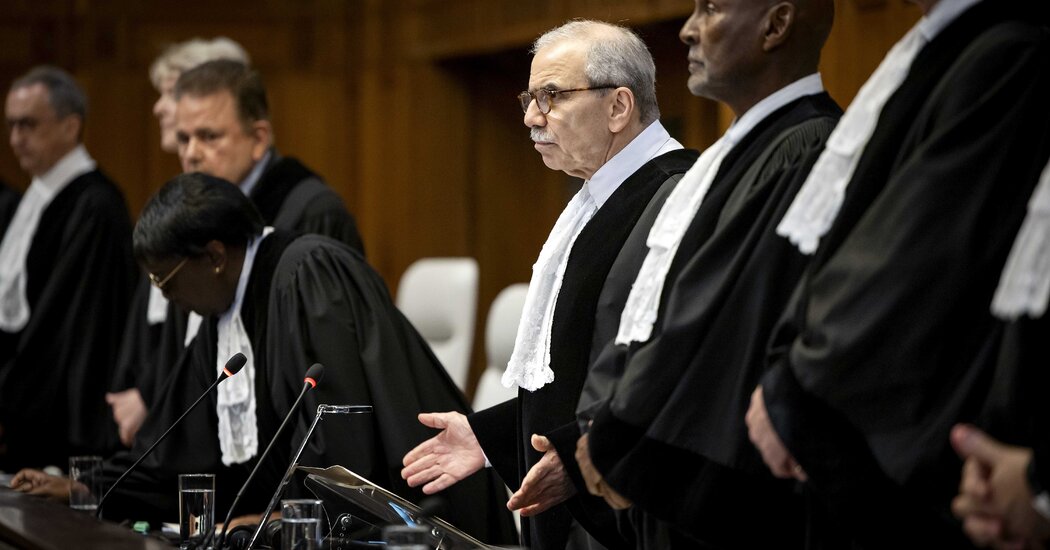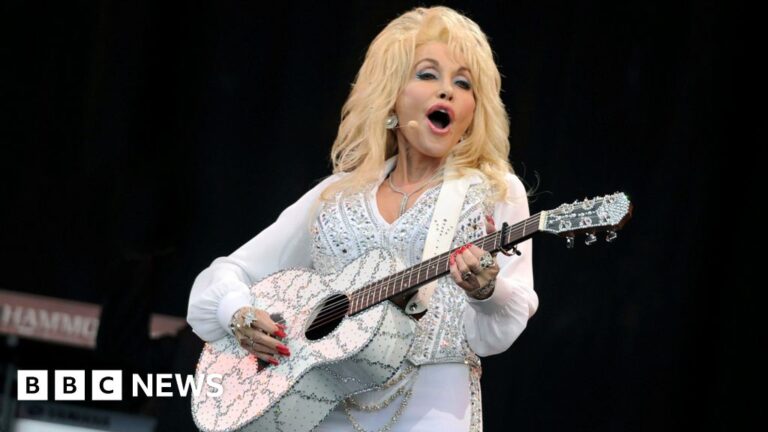Lebanon’s fractured Parliament named Nawaf Salam as prime minister on Monday, handing the country’s political reins to the prominent diplomat and international jurist as Lebanon emerges from a devastating war and attempts to recover from a dire economic meltdown. Mr. Salam was endorsed by a majority of lawmakers in the country’s 128-seat Parliament on Monday, after which Lebanon’s newly elected president, Joseph Aoun, asked him to form a government.
The selection of Mr. Salam was widely seen as a major political blow to Hezbollah, the Lebanese militant group and political party that has served as the real power in Lebanon for decades. For much of that time, almost no major political decision could be made without Hezbollah’s backing.
The Lebanese state is made up of a multitude of factions and sects that jockey for power and influence. For years, it has been controlled by a weak and ineffectual caretaker government. Hezbollah was both a part of that government and the dominant political and military force, effectively guiding almost all of the country’s major decisions.
After the vote, a senior Hezbollah lawmaker, Mohammad Raad, told reporters at a news conference that Hezbollah had “extended its hand” by supporting the election of Mr. Aoun, only to have its “hand cut” on Monday.
The new government that is emerging in Lebanon also reflects the realignment of power dynamics across the Middle East, analysts say. The era of Iran’s sway over Lebanon appears to be over, they say, creating an opening for Gulf countries that had vied with Iran unsuccessfully in Lebanon for years.
Source link




